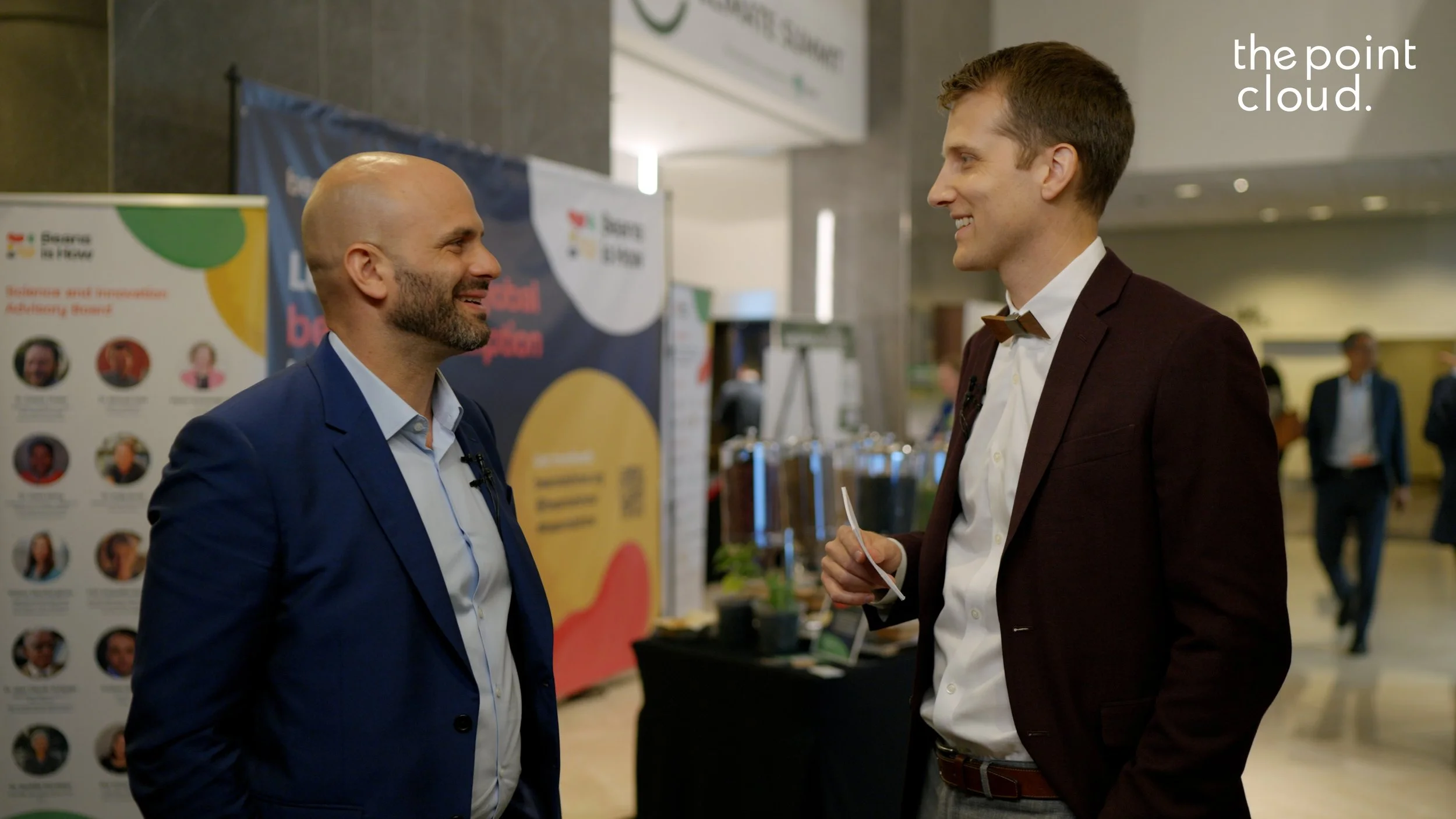Why a Former White House Chef is a Bean Champion
“How can we try to move the world around a simple act that could have a big impact globally, that's universal, that has real benefits to both human health and environmental health?”
For investor and former White House chef Sam Kass, Beans is How. That’s the official name of a movement which aims to double global bean consumption by 2028. Kass is a “Bean Champion” for the group, and spoke about it with The Point Cloud at the AIM for Climate Summit in Washington, DC.
The Point Cloud is Agerpoint’s interview series featuring leaders at the intersection of climate, agriculture, nature, and technology. Watch and read highlights from the conversation below. You can also hear to the full interview as an audio podcast on your favorite platforms.
How? Beans Is How
Beans, says Kass, are “kind of like the climate and health utopia. It is a kind of a perfect food in many respects, one that's super affordable, eaten in cultures all over the world, has big environmental benefits, and is as nutrient dense food as you can eat.”
Boosting beans is good for people, good for the planet, and, Kass hopes, a model for other positive changes.
“Taking one specific crop and trying to move consumption on it requires investment and commitments on the production side, it requires commitments and investments on the processing side, then into retailer, and then into consumer, from chefs and cooks to people in their own home kitchens,” he says.
“You can put together the value chain in a strategic way that aligns all the pieces that add up to the change we're talking about. That could then be repeated along all kinds of other key ingredients and foods. So I think we're trying to build a model here that we can start to replicate around, year by year, shifting consumption.”
Low Tech, High Impact
Kass notes that beans aren’t waiting for a big technological breakthrough - just a little more respect.
“We don't need some new microbe or some new satellite,” he says.
“The question is how do we start moving our culture to value beans more, and look up to the bean as opposed to down on the lowly bean.”
“If we understood its role in the future and what it should be playing, I think we'd be shifting how we perceive it. And that's, I think, where we need the most innovation.”
—-
Please subscribe, like, rate 5 stars, tell your friends, and join the conversation with Agerpoint on LinkedIn and Twitter.


